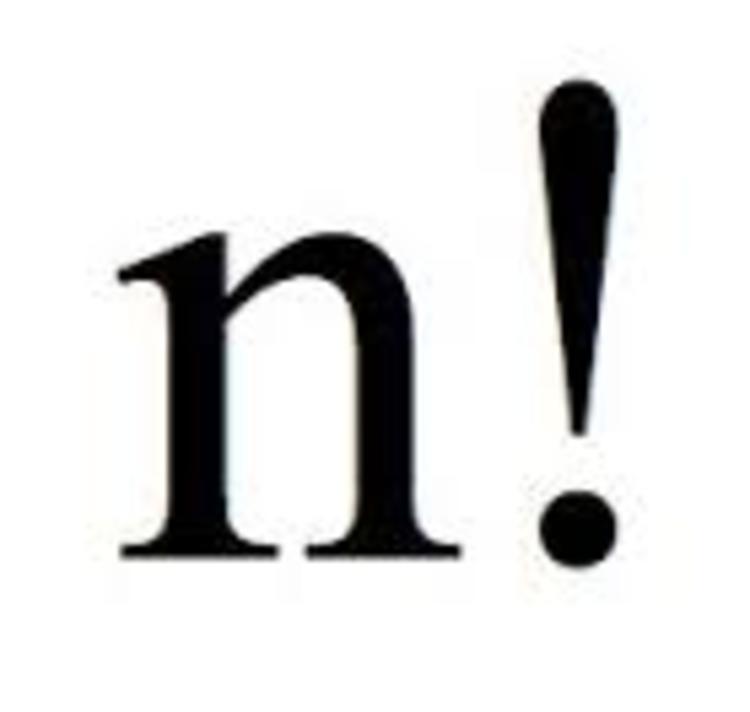Factorial Problem
Number Theory
Level
2
 The number of zeroes at the end of 100! (100 factorial)
The number of zeroes at the end of 100! (100 factorial)
23
22
24
25
This section requires Javascript.
You are seeing this because something didn't load right. We suggest you, (a) try
refreshing the page, (b) enabling javascript if it is disabled on your browser and,
finally, (c)
loading the
non-javascript version of this page
. We're sorry about the hassle.
Using the floor function:
f ( 1 0 0 ) = ⌊ 5 1 0 0 ⌋ + ⌊ 2 5 1 0 0 ⌋ + ⌊ 1 2 5 1 0 0 ⌋ + … = 2 0 + 4 + 0 + 0 + … = 2 4